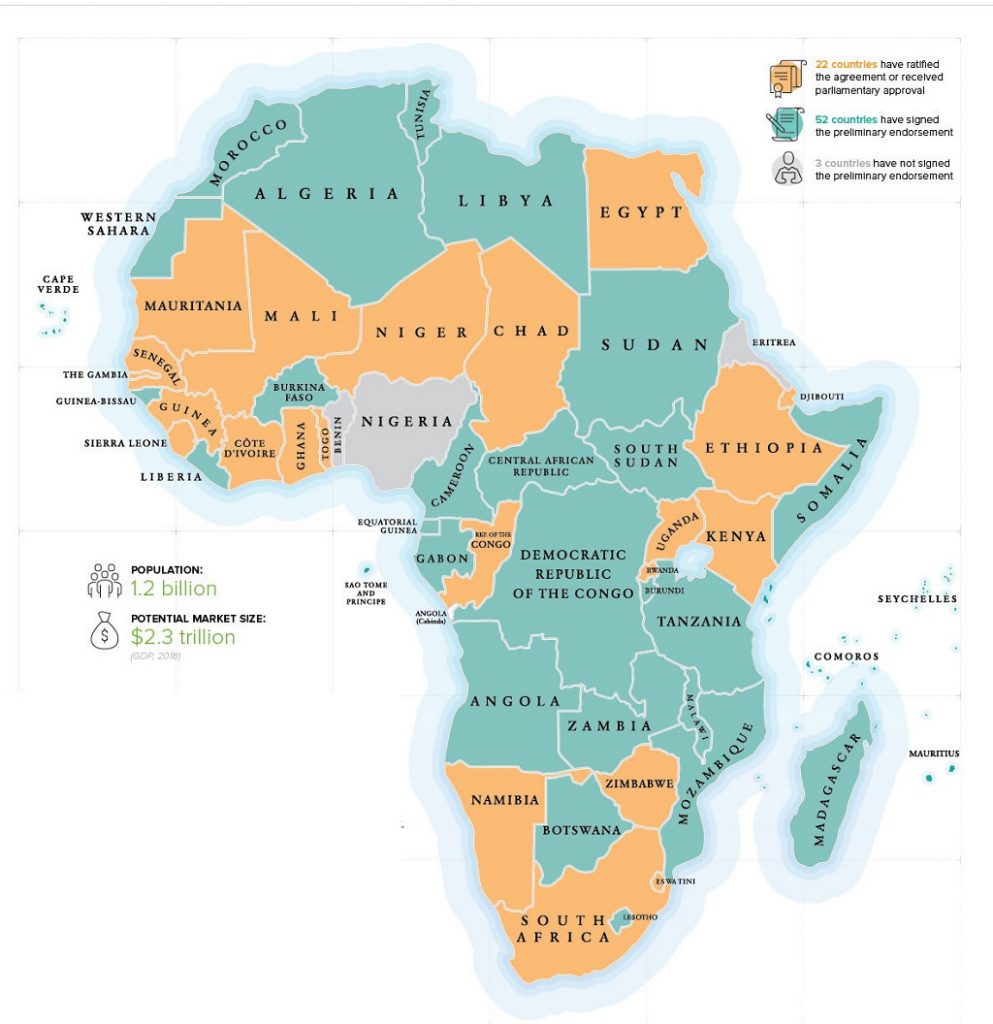With the covid-19 coronavirus pandemic slowing down the global economy’s growth, Africa could just be in time for a revolution that could help it recover faster than the rest of the world.
For starters, the continent is advantaged by having fewer infections which could make it possible for Africa to successfully curtail the spread of the coronavirus if strict measures are taken. While this move may not be uniformly undertaken continent-wide, the ravages of the Ebola virus have prepared many to deal with the pandemic. From years of suffering from viral infections, the continent is well placed to stop the virus in its tracks.
But this comes at a cost since governments should be willing to spend on their people to ensure that the majority who live on daily casual wages are provided for to help them stay in during lockdowns.
Coronavirus: African leaders stuck with neglected, outdated healthcare systems
This means that the workers and small scale traders will not have to venture out for daily food since they have already been taken of by their governments.
On another front, the continent is at an advantaged position having ratified the African Continental Free Trade Area (AfCFTA) which could help inject new momentum and move the region from stagnation and the perception of the 1980s and 1990s where it was regarded as one of the poorest and least dynamic economies in the world.
On the backdrop of the covid-19 coronavirus pandemic, the continent’s open borders policy for trade could just be the opportunity Africa was waiting for to realise its full potential.
The Economic Commission for Africa (ECA) says the agreement holds an immense opportunity for the continent to catapult its economy.
ECA’s Director of Regional Integration and Trade Division Stephen Karingi, says the continent could take advantage of the Free Trade Area agreement which is set to commence this July.
“The intra-African market could help mitigate some of the negative effects of covid-19 through limiting dependence on external partners, especially in pharmaceuticals and basic food,” said Karingi during a press conference in Addis Ababa, Ethiopia on March 13, 2020.
He added that diversifying economies away from the fuel-driven one was vital beyond the covid-19 episode.
Karingi emphasized the need for the continent to urgently implement the AfCFTA as he urged African countries who export drugs to prioritize selling on the African market.
The ECA, in a presentation on the economic effects of the covid-19 on Africa, suggests African governments could review and revise their budgets to reprioritize spending towards mitigating expected negative impacts from COVID-19 on their economies.
As a safety net, the think tank is urging governments to provide incentives for food importers to quickly forward purchases to ensure sufficient food reserves in key basic foods items.
Karingi said fiscal stimulus packages are also crucial if the continent is to weather the covid-19 storm which has now claimed over 33,000 lives globally and infected close to 700,000 people.
Continental trade agreement boosts Africa’s tourism prospects
On technology, the continent’s rapid growth in the tech sector is an indication of a positive shift towards the 4th Industrial Revolution.
Africa, if it prepares itself through adequate policies and readiness of the private sector, could enormously benefit through industrial development, digitalization and greater integration.
The African Union Commissioner for Economic Affairs, Prof Victor Harrison notes that in turn, this would result in greater opportunities for Africa’s growing youthful populations.
For Africa, the 4th Industrial Revolution is expected to create up to US$ 3.7 trillion in value to manufacturing firms across the globe. The impact of the technology continues to be felt in the breakthrough advances recorded in sectors such as healthcare, agriculture, energy, education and telecommunication.
Moving forward and looking beyond the coronavirus storm, Africa is well placed to take advantage of the yet to be tapped opportunity created by cross border trading and migration which the UNCTAD says contributes immensely to the continent’s economic growth and wellbeing.
This contribution included labour productivity, economic growth and taxes, he said. They also contribute to their home countries through remittances and other trade connections.
